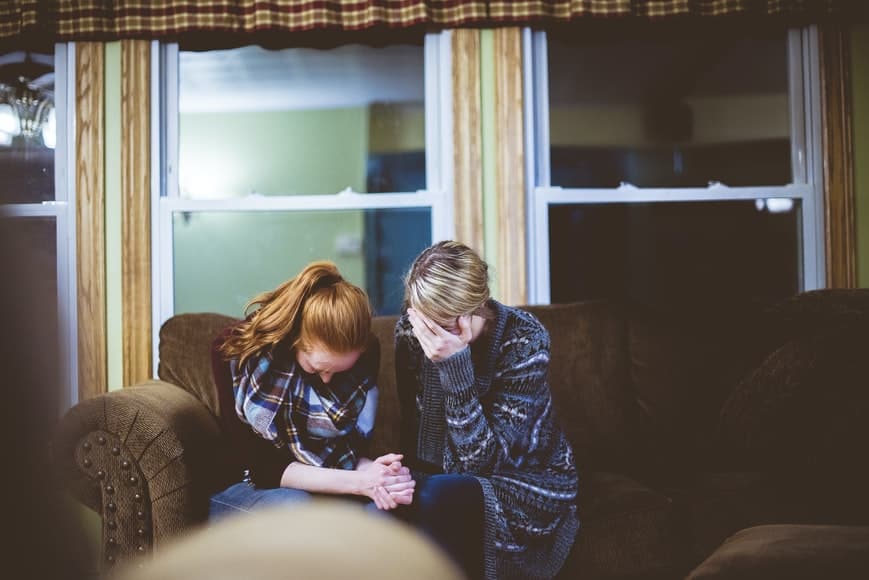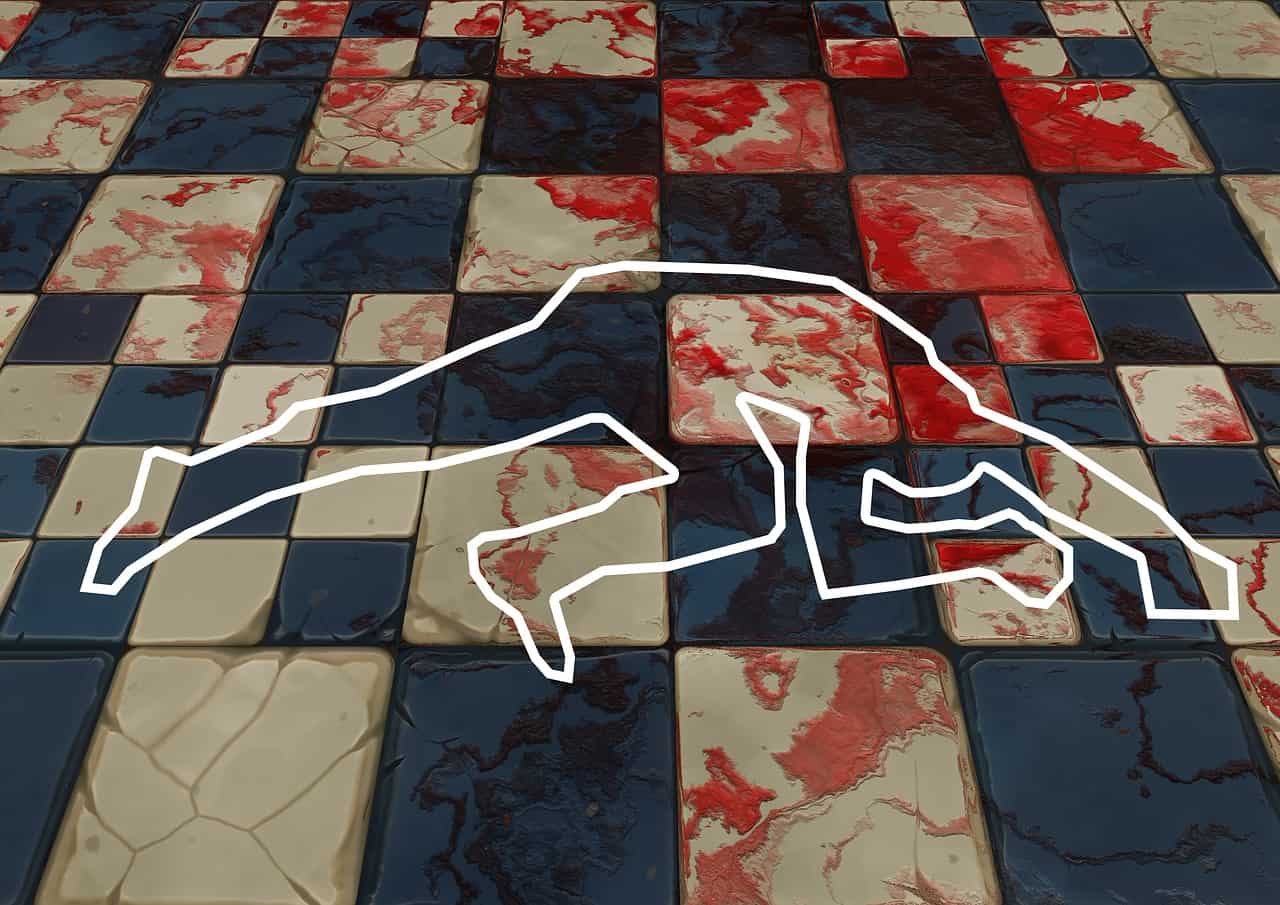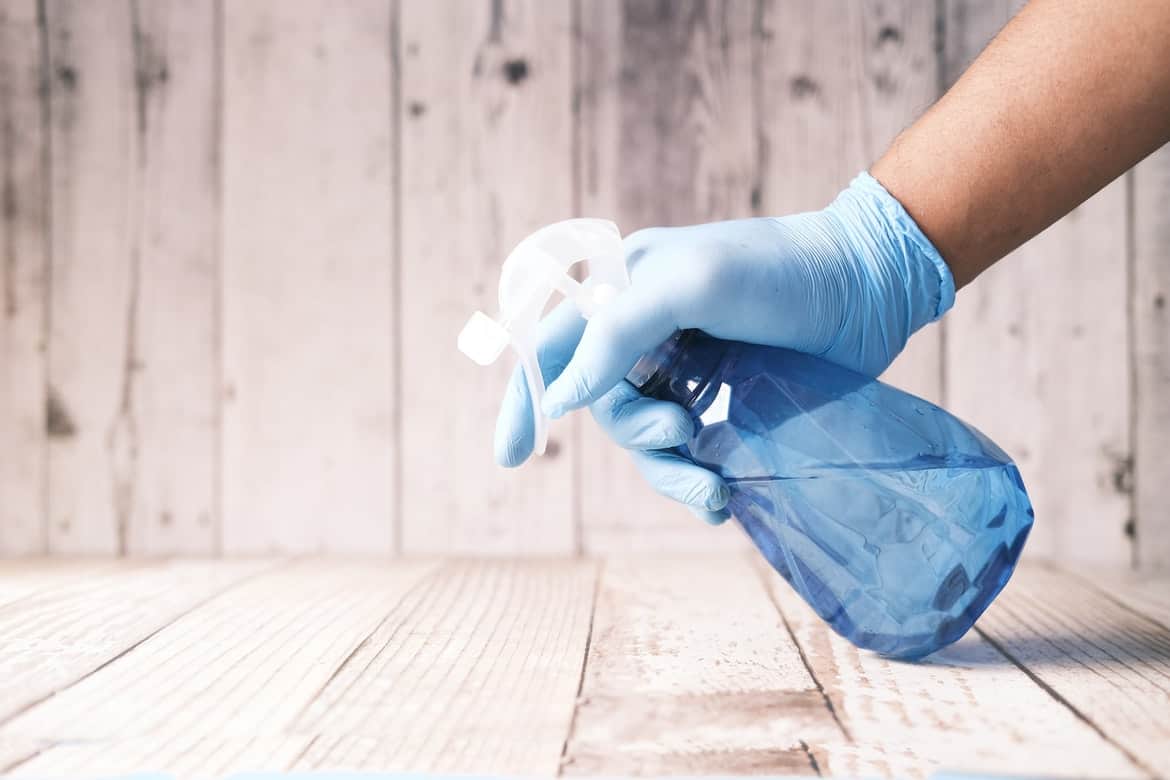Losing a loved one is never easy. Not only do you have to go through a personal grieving process, but there are dozens of legal steps you must complete after their passing. You might be at a loss as to what to do first and how to go about settling your loved one’s assets.
What to do When you Lose a Loved One
Here is a checklist for all critical matters you must settle after losing a loved one in death.
- Obtain a legal pronouncement of death. Get a legal pronouncement of death as soon as you can. If your loved one passed away in a hospital, you could get this from a doctor. If they passed away at home or another location, call 911.
- Arrange for organ donation. Organ donation is time-sensitive, so you must act quickly. If your loved one was an organ donor, alert hospital staff or call your local hospital immediately.
- Alert close friends and family. It’s never easy to let others know about death. Think about the best way to break the news to your family. If necessary, split up the task of telling others with other members of your immediate family.
- Take care of dependents. If your loved one had any young children or pets, find someone to take care of them temporarily while you figure out a long-term plan.
- Select an appropriate funeral ceremony. Decide what you want to do with your loved one’s body and arrange transportation to a funeral home or cremation company.
- Publish obituary. Write up your loved one’s obituary and get it published in the newspaper or online.
- Locate their will. Locate their testament and use it to identify any heirs or beneficiaries.
- Start the probate process of the will. Begin the probate process to divide up assets according to the measures set out in their will.
- Procure death certificates. Depending on the number of accounts the deceased had open, you’ll need about 5 to 10 copies of their death certificate. You can order these from your local city hall or other local records office.
- Contact social security. Contact the local social security office to ensure that benefits are stopped or transferred to another eligible recipient, such as a spouse.
- Notify banks and mortgage companies. Notify banks and mortgage companies of your loved one’s passing to identify what accounts may be open and change their ownership.
- Cancel insurance policies. Fill out the claim for any life insurance policies your loved one had.
- Close credit card accounts and settle bills. Submit the death certificate to credit card companies so they can submit any unpaid debts of your loved one.
- Cancel driver’s license. Cancel your loved one’s driver’s license by going to the DMV or online. This cancelation will help prevent identity theft in the future.
- Close down any existing online accounts. Check to see if they had any social media or email accounts at the time of their passing and cancel them by sending a copy of the death certificate.
- Distribute assets and close the estate. Complete a final inventory reporting to complete the process and close the estate officially.
- Clean up their home. Your loved one may have left their home in a less than desirable condition. Contact an appropriate cleaning service to get the house ready for rent or sale.
Continue to get support for you and your family. Through this entire process, make sure to prioritize the feelings and emotional health of you and your family. Take time to deal with the loss and take care of yourself. Your loved one would have wanted you to continue enjoying life, so do your best to live well and honor their legacy.





